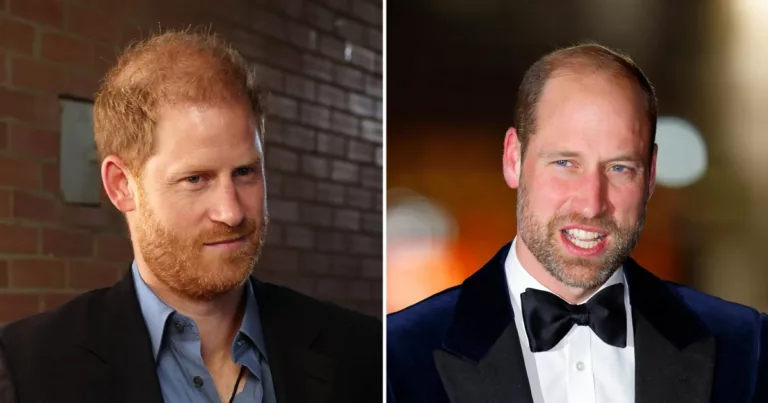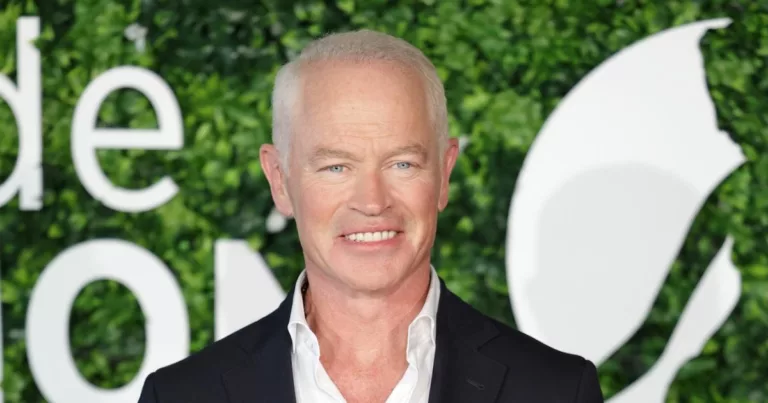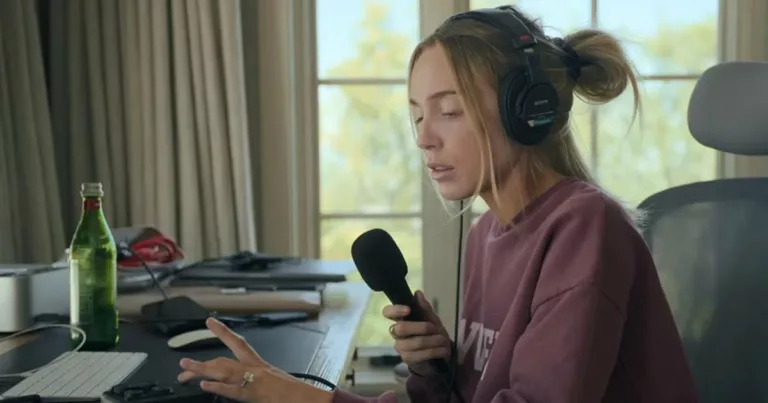Jussie Smollett Claims Real Villains Behind Alleged Hoax Ahead of Documentary Release
Jussie Smollett is once again in the spotlight as he maintains his innocence ahead of the release of his highly anticipated documentary on Netflix. The film, set to premiere on August 22, explores the controversy surrounding Smollett’s alleged 2019 hate crime hoax, a situation that continues to polarize public opinion.
In a recent interview with Variety, Smollett emphasized that his narrative has remained consistent throughout this ordeal. He argues that he became an easy target for law enforcement and the media, especially in the wake of the public outcry following the tragic police killing of Laquan McDonald, a Black teenager in Chicago.
“The villains are the two people who assaulted me, the Chicago Police Department, and, if I may be so brave, the mayor,” Smollett stated, identifying the real culprits in his story. His allegations against Rahm Emanuel, the former mayor of Chicago, suggest that authorities opted for a more convenient narrative, painting Smollett as a perpetrator to distract from their own failures.
“Could it be that they had just found out about the missing minutes and the missing tape from the murder of Laquan McDonald?” Smollett posed, hinting at a broader conspiracy involving city leadership. This reference to the shocking case of Laquan McDonald, who was shot by officer Jason Van Dyke—serving only a minimal sentence for his actions—underscores the gravity of Smollett’s claims about systemic issues within the Chicago Police Department.
“We’re living in a world where the higher-ups, their main mission, in order to do all of the underhanded things that they’re doing, is to distract us with the shiny object,” Smollett remarked, capturing the essence of his frustrations with the media narrative surrounding his case.
His assertion that Jussie Smollett was a mere distraction raises an important question about the dynamics at play in high-profile legal cases, particularly those involving race and power. Whether or not one believes Smollett’s version of events, his comments highlight significant issues regarding the treatment of Black individuals within the criminal justice system.
As the story unfolded, two Nigerian-American brothers, Abel and Ola Osundairo, alleged they were hired by Smollett to stage the attack. However, Smollett vehemently maintains that he was not involved in orchestrating the incident and that the real attackers remain unidentified.
“All I can say is, God bless you, and I hope it was worth it,” Smollett said in response to the brothers, suggesting that their cooperation with law enforcement was misguided. “Every single other person’s story has changed multiple times. Mine has never. I have nothing to gain from this.” His steadfastness in his account calls into question the reliability of the testimonies against him, reflecting a broader trend in celebrity narratives where personal integrity is often at the forefront.
The charges against Smollett have seen a tumultuous journey through the legal system. Initially, the Cook County State Attorney’s Office dropped all charges, only for a special prosecutor to step in and refile them a year later. Following a conviction and an ensuing series of legal battles, the Illinois Supreme Court ultimately reversed his conviction, citing a violation of Smollett’s due process rights during the retrial.
As anticipation builds for the upcoming Netflix documentary, Smollett is aware that it may not offer a clear verdict on his innocence or guilt. “To be honest with you, I don’t really know,” he confessed when asked about the lack of exculpatory evidence. “I’m not an investigative reporter or a detective. I can’t sit and tell you exactly, beat by beat, what happened.”
He emphasized that what he can provide is his unwavering assertion of what did not occur: “What did not happen is the story that’s been out there for almost seven years, that somehow I would have even a reason to do something as egregious as this.”
In a climate where social media and public sentiment can turn as quickly as the news cycle, Smollett’s situation serves as a critical case study in the intersection of celebrity and justice. It highlights how high-profile figures navigate their careers amidst controversy and how narratives can be shaped by both media portrayal and public perception.
As the documentary’s release date approaches, fans and critics alike will be closely monitoring not just Smollett’s narrative but also how this saga will impact his career moving forward. Will viewers see him as a victim of an unjust legal system, or will the enduring skepticism surrounding his claims overshadow any potential resurgence?
In an era defined by the power of storytelling—both on and off-screen—Smollett’s upcoming documentary could force audiences to confront uncomfortable truths about race, justice, and the responsibilities of both the media and law enforcement in shaping public narratives. With the celebrity landscape constantly evolving, it remains to be seen how this chapter will influence the discourse around accountability and representation in Hollywood and beyond.



